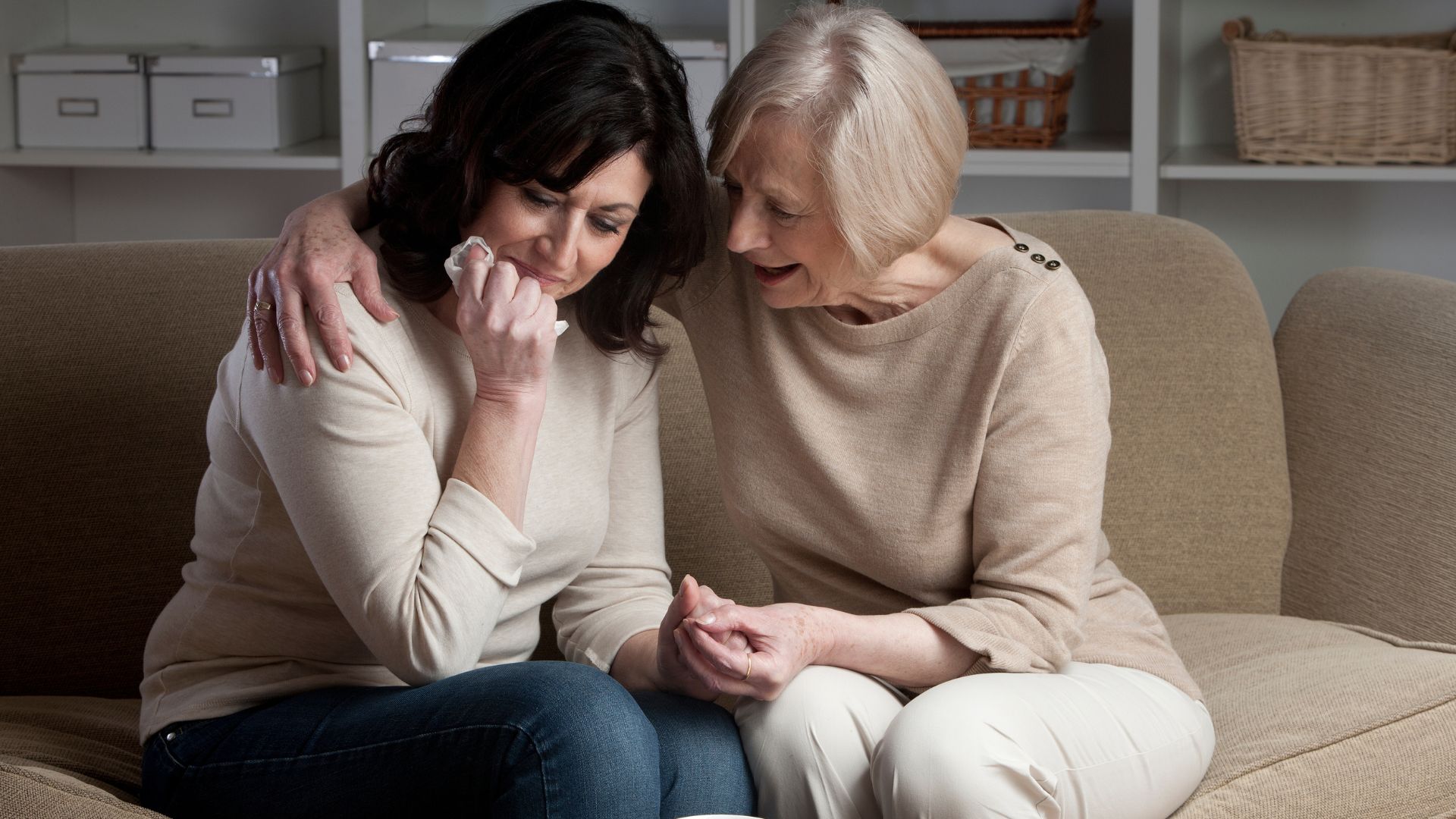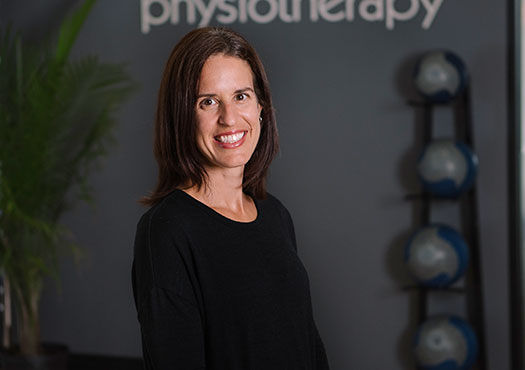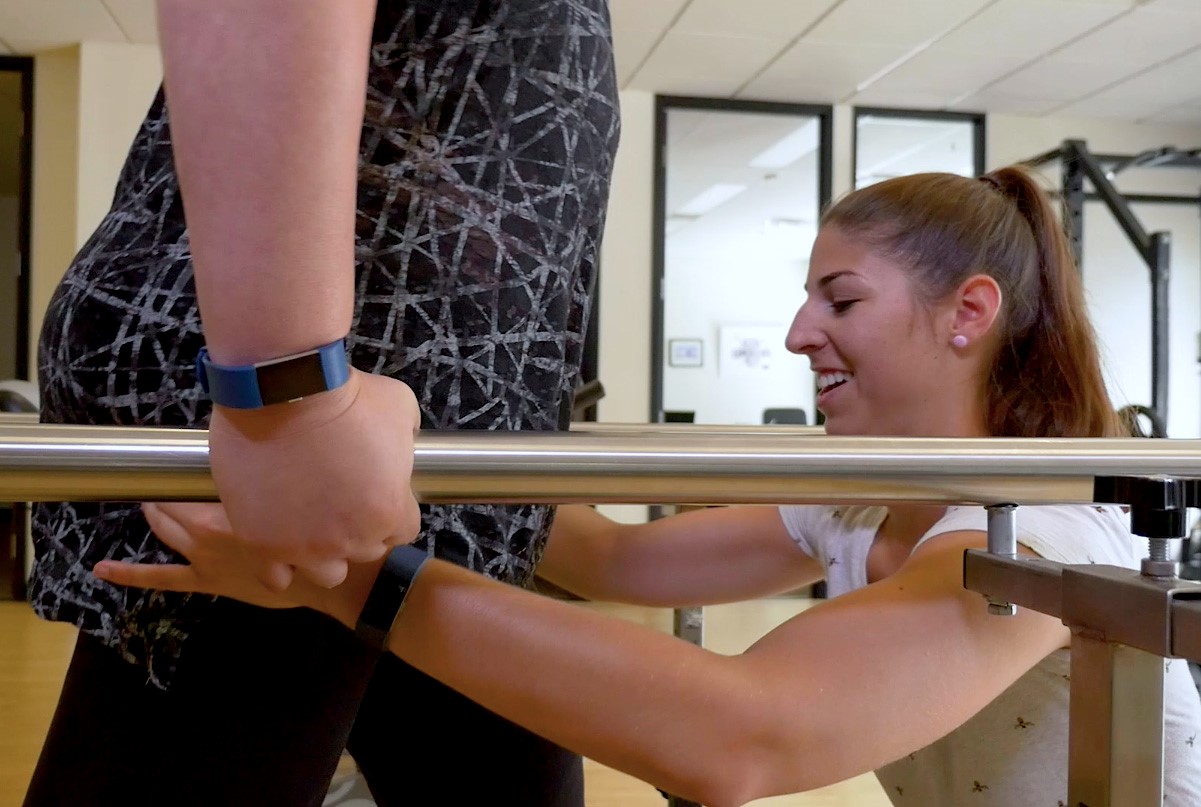Caring for a loved one through illness or decline is an act of dedication and compassion—but it can also bring emotional challenges that few people talk about. One of the most common and challenging experiences for caregivers is anticipatory grief—the grief that begins before a loved one’s passing.
As a caregiver, you may find yourself mourning not only the person’s future loss but also the gradual changes happening right now. Understanding anticipatory grief and learning ways to cope can help you navigate this difficult time with greater compassion—for both your loved one and yourself.
This type of grief is unique because it combines the pain of impending loss with the challenge of continuing to care for and support a loved one.
In this article we explore:
What Is Anticipatory Grief?
Anticipatory grief occurs when you begin to feel the pain of loss before the death itself. It may arise as you witness your loved one’s illness progress or as you begin to imagine life after they are gone. This type of grief can affect your emotions, body, and relationships long before the loss actually happens.
Common feelings include:
- Sadness and longing for how things used to be.
- Anxiety about the future and what lies ahead.
- Anger or guilt—at the illness, at the situation, or at yourself for feeling overwhelmed.
- Loneliness, even when your loved one is still present.
Recognizing these emotions as part of the normal grieving process—not as a sign of weakness—can help you begin to move through them.
When Does this Type of Grief Occur
This type of grief can be challenging and difficult to understand for caregivers and families, as it may occur at any time. Anticipatory grief can be triggered by:
- A terminal illness or diagnosis
- Progressive decline in function due to aging or chronic illness
- A planned medical assistance in dying (MAID) procedure
- Loss of a person’s identity or capabilities, such as with dementia
- Preparing for the end of a life chapter, like when someone moves to long-term hospitalization or palliative care[i]
How to Cope with Anticipatory Grief
1. Acknowledge Your Feelings
Caregivers often feel they must stay strong for everyone else, but suppressing emotions can make grief more intense. Allow yourself to feel sadness, frustration, or fear without judgment. Sharing your feelings with someone you trust or a support group can provide comfort and perspective.
2. Stay Connected
Isolation can make grief harder to bear. Try to reach out regularly—to family, friends, or professional supports. Many palliative care and hospice programs offer counseling or caregiver support services that can make a meaningful difference.
Talk to a health care professional if you are looking for resources on where to connect with others.
3. Focus on the Present
Moments of connection, laughter, or shared quiet can still happen, even during decline. Being present—through touch, conversation, or simply sitting together—helps you create memories and meaning that endure. Practicing mindfulness and breathing techniques can help you stay in the present moment.
4. Take Care of Your Own Health
Your wellbeing matters too. Grief can affect the entire body Try to rest when you can, eat well, and move your body. Practices like walking, gentle stretching, and yoga can all help improve your health during times of stress.
5. Allow Yourself to Mourn Small Losses
You may grieve lost routines, conversations, or roles long before your loved one’s death. Giving yourself permission to acknowledge these smaller losses along the way can prevent emotional exhaustion later.
6. Seek Professional Support
Therapists, social workers, or grief counselors can help you process complex feelings and develop personalized coping strategies. Asking for help is not a sign of weakness—it’s an act of care for yourself.
6. Prepare Together
If possible, have open conversations about your loved one’s wishes. Planning ahead for medical, practical, or emotional needs can bring peace of mind and reduce anxiety about the unknown. Seek support from others that have been in similar situations or online support.
Personal Reflection
Watching my mother-in-law deteriorate from dementia has been a difficult experience for my husband, myself and our whole family.
Dementia isn’t like a terminal diagnosis or traumatic event that occurs suddenly and at times unexpectedly. Dementia doesn’t steal someone all at once. It takes them piece by piece.
It starts small, like telling the same story twice in one visit and mixing up names, assuring ourselves that this was a normal part of aging. But over time these small lapses turn to something bigger eventually affecting day-to-day activities and ability to care for oneself.
There are days when she still recognizes us, when her face lights up with that familiar warmth. My grief is for the days when she looks right through us—her eyes searching for something she can’t find.
I learned that grief doesn’t always wait for death. It can live quietly in the space between who someone was and who they are becoming.
Dementia teaches you to redefine connection. It asks you to love without expecting recognition, to offer care without reassurance, and to find meaning in presence rather than conversation. This is the gift she continues to teach us, weaving her presence through her children and grandchildren.
A Final Thought
For caregivers, it’s important to remember that anticipatory grief is a natural, human response to watching someone you love change or decline. Giving yourself permission to feel — and to seek help when needed — can be a vital part of sustaining your own wellbeing through the caregiving journey.
At Propel Physiotherapy, we recognize that emotional health is deeply connected to physical health. Supporting caregivers means acknowledging both. Taking time to rest, move your body, and connect with others isn’t selfish — it’s essential to continuing to show up with compassion and resilience for the person you care for, and for yourself.
Our team supports caregivers with education, movement strategies, and self-care approaches that promote resilience and wellbeing. If you or someone you know is struggling with the emotional weight of caregiving, reach out—we’re here to help.
Written by

















